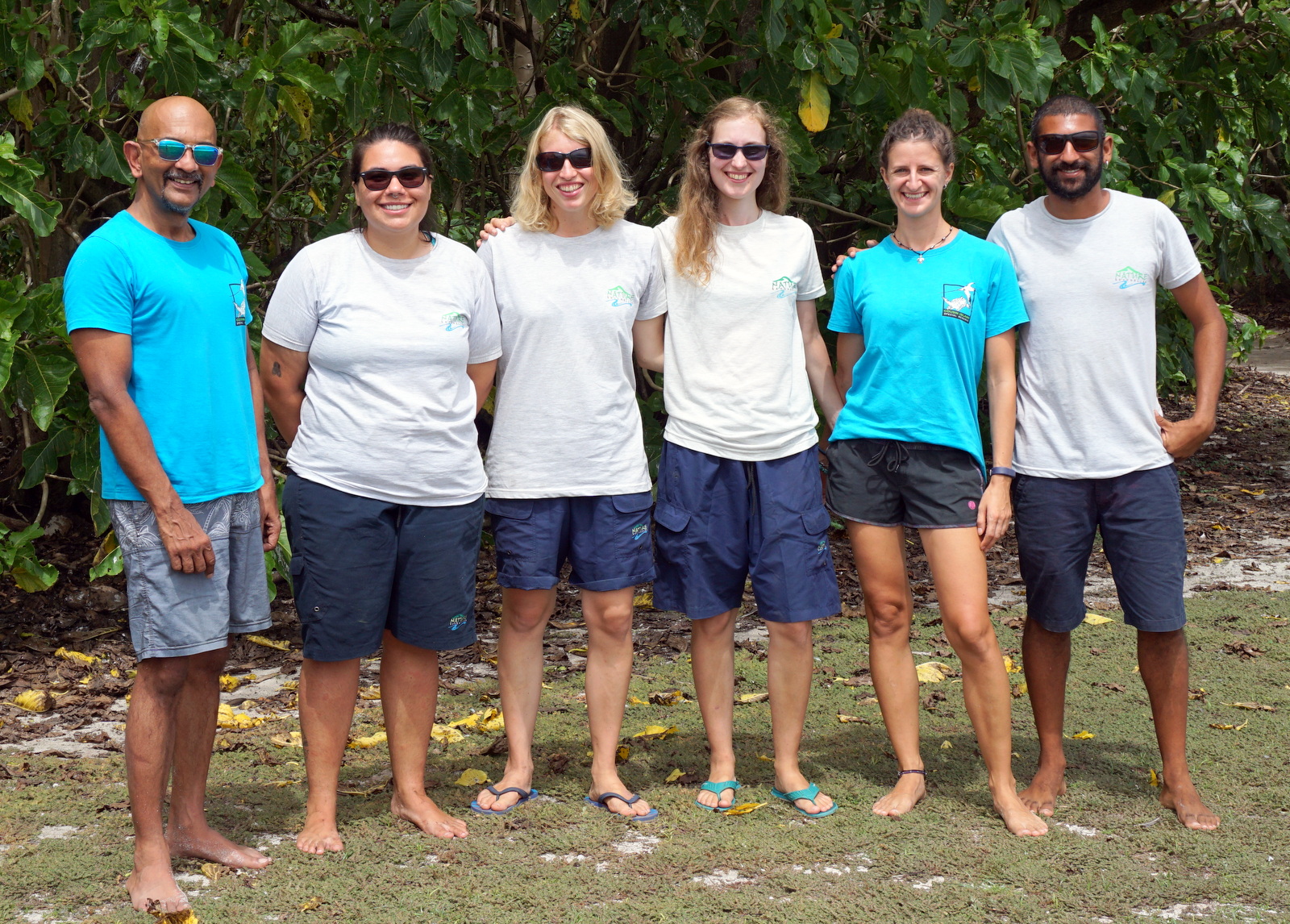

1) Conservation has become an increasingly popular career choice for young people all over the world. But many conservation organizations complain that young graduates don’t have the right attitude or the real-word skills. Nature Seychelles created the Conservation Boot Camp (CBC) on Cousin Island Special Reserve to test if the island could be used as a laboratory to equip young people with conservation skills, while at the same time use the fees paid as a sustainable funding mechanism for the MPA. The program was financially supported by the GEF from April 2016 to December 2019. The GEF project pays for a full time CBC Coordinator, equipment, and materials and other. The coordinator manages the application process, and receives and integrates participants into the program. A conservation manager leads on conservation work, while the Chief Warden manages all the logistics. The CBC is exclusive and takes a maximum of 6 persons per session and takes place the whole year. Each session lasts for 4 weeks and costs Euro 1000.00 (not including airfares and food). A 2 week program was been introduced due to demand. Nature Seychelles is a Private Training and Educational Institution under Seychelles law and a Certificate of Completion is awarded at the end of the training.
- Cousin Island Special Reserve - the 50 year old conservation success story - as a laboratory to test the program.
- Funding to support the initial implementation and testing of the program
- Nature Seychelles is a certified private training institution by law
- Leadership and mentorship from the CE who has over 35 years conservation experience
- Existing human resource to support the implementation
- Initial funding is important as program depends on participants to fill all slots for it to be viable and sustainable. Not all slots were filled throughout the year.
- Having well-known successes provides credibility and helps in attracting participants.
- Necessary information laid out in a CBC handbook provided prior knowledge before sign up.
- One size doesn’t fit all - although targeted at people interested in conservation careers, some participants had no previous or post interest in conservation.
- Mentorship with well-known figure helps to boost confidence and catalyse conservation careers
- Program not able to attract participants throughout the year. Under review to improve numbers so that it remains viable after the GEF funding ends.
- The program was valuable for people from the region, in particular from Madagascar (18 participants), especially where there are not
exposed to conservation success stories.